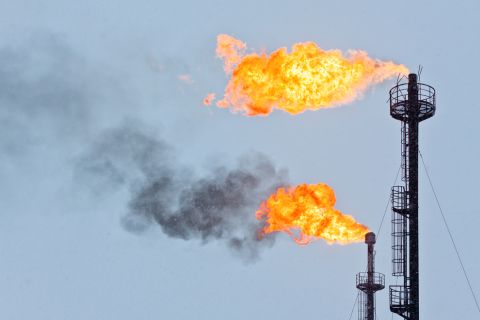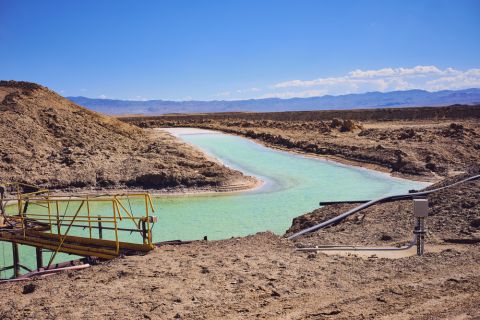Crestone Peak Resources revealed on Jan. 16 an innovative partnership for a large-scale test of real-time continuous air quality monitoring at its oil and natural gas production sites in Colorado. Crestone is the first operator to commit to continuous emissions testing for a substantial majority of its production.
This innovative, first-of-its-kind pilot program is designed to improve air quality and provide assurance of the company’s ability to produce energy safely and responsibly. The partnership will demonstrate the value of utilizing state-of-the-art technology for monitoring emissions and improving air quality. Another key objective of the program is collecting environmental data that can help reduce methane intensity and emissions from oil and natural gas production.
The partnership also includes Project Canary and the Payne Institute for Public Policy at Colorado School of Mines. Project Canary, as the technology partner, will provide continuous air emissions monitoring devices and real-time data. Crestone and Project Canary are working with the Payne Institute to explore a role as an independent steward of collected emissions data.
Crestone plans an initial deployment of the Project Canary monitoring technology on well sites representing about 80% of the company’s production. Deployment of monitoring units at Crestone locations will begin this month, with data collection beginning immediately. Crestone has been testing the Project Canary technology successfully on individual well sites in Weld County since November 2019.
Project Canary provides around-the-clock air quality monitoring that reports emissions data at operating sites every few seconds. By providing continuous real-time monitoring, the Project Canary solution helps oil and gas operators identify emissions sources and take action quickly to address abnormal air quality readings, faster than any other technology available today. The Project Canary solution uses technology originally developed for NASA by Colorado School of Mines graduates to monitor air quality on space stations. It provides accurate data in parts per billion, significantly more sensitive than other sensors currently available.
“Our work with Project Canary and the Payne Institute is the latest in a series of advancements in air quality and emissions control technology and practices in Colorado’s oil and gas industry,” David Stewart, Crestone vice president, environmental, health, safety and regulatory, said. “This large-scale pilot program will offer further proof-of-concept for the Project Canary monitoring technology, which we believe represents a significant step forward in our industry’s ability to ensure we’re producing the energy that we all use every day in a safe, clean and responsible manner.”
Crestone Peak Resources is a top producer of oil and natural gas in the Denver-Julesburg Basin, according to the company’s website.
Recommended Reading
enCore Energy Appoints Robert Willette as Chief Legal Officer
2024-02-01 - enCore Energy’s new chief legal officer Robert Willette has over 29 years of corporate legal experience.
First Solar’s 14 GW of Operational Capacity to Support 30,000 Jobs by 2026
2024-02-26 - First Solar commissioned a study to analyze the economic impact of its vertically integrated solar manufacturing value chain.
SunPower Begins Search for New CEO
2024-02-27 - Former CEO Peter Faricy departed SunPower Corp. on Feb. 26, according to the company.
Green Swan Seeks US Financing for Global Decarbonization Projects
2024-02-21 - Green Swan, an investment platform seeking to provide capital to countries signed on to the Paris Agreement, is courting U.S. investors to fund decarbonization projects in countries including Iran and Venezuela, its executives told Hart Energy.
M4E Lithium Closes Funding for Brazilian Lithium Exploration
2024-03-15 - M4E’s financing package includes an equity investment, a royalty purchase and an option for a strategic offtake agreement.





